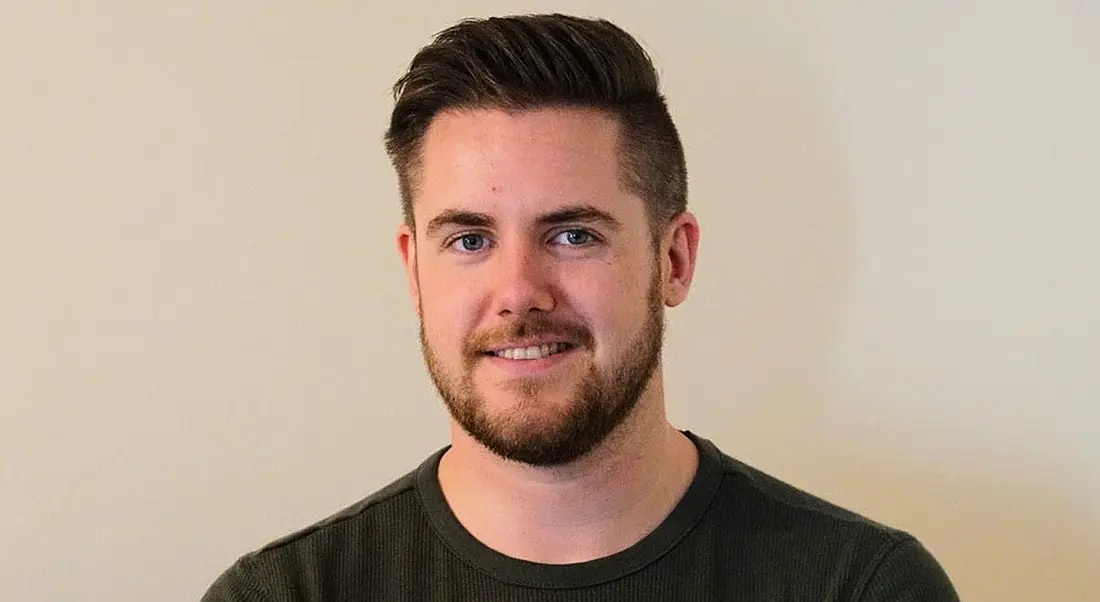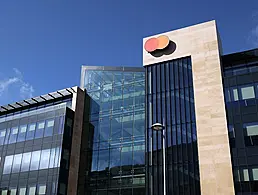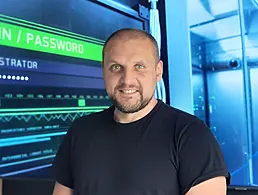Business operations and support engineer John Conneely takes us through a typical day in his role at Mastercard.
Are you thinking about pursuing a career in e-commerce engineering? Wondering what it’s like to work in a global company leading the way in transforming the sector?
We asked John Conneely about his role within Mastercard to give you some inside knowledge.
‘A lot of my daily work boils down to problem-solving. I solve the problems the people using our software have and make sure they can avoid similar issues in the future’
– JOHN CONNEELY
What is your role within Mastercard?
I am a business operations and support engineer for an e-commerce team within Mastercard.
If there is such a thing, can you describe a typical day in your job?
I joined Mastercard over three years ago as the development support member in what was essentially a start-up inside of the Mastercard Innovation Labs. Since then, like what happens with a lot of people who have worked in startups, my role has expanded to cover tasks from other areas such as operational support, release management, scrum master and product owner.
A typical day could contain anything from customer support, preparing database extracts and releasing new software to searching, monitoring and analysing our data.
What types of project do you work on?
My main project in Mastercard is an online e-commerce platform that provides a payment acceptance and fraud protection solution for small and medium-sized businesses.
Another project I have started myself this year with the help of Mastercard is the Young Leaders in Technology meetups. These are events for young professionals who are either starting, looking to move into or are already working in a leadership position, and are looking to talk to and learn from people who can give advice and tips on how to work in that space and become a better leader or manager.
What skills do you use on a daily basis?
A lot of my daily work boils down to problem-solving. I solve the problems the people using our software have and make sure they can avoid similar issues in the future. Good communication skills are very important here to help in resolving these problems in a timely manner, collaborating with different teams. I also use SQL for a lot of my analytics and extracts.
What is the hardest part of your working day?
In operational support, every day is different and they all provide their own host of challenges. As a result, I don’t really have a most difficult part of any day. We work closely with our teams around the world so sometimes time-zone management can be tricky!
Do you have any productivity tips that help you through the working day?
It’s really important in support that emails don’t get missed in your inbox. Error alerts from servers can come in at the same time as regular monitoring emails, and if you don’t have proper sorting rules in your email manager, you’re going to miss something. I have about 20 email rules set up to sort all different topics into sorted folders in my mailbox.
I make sure that I don’t have any unread emails at the end of the working day, as this is a good way to make sure you are on top of everything. Move emails you need to action into a to-do folder and move them back into your inbox when the action is complete.
When you first started this job, what were you most surprised to learn was important in the role?
I was surprised by how important and valuable it can be to get involved in other aspects of the company that aren’t directly related to your role. By joining sports/social clubs and committees, it helps you get to know more people in the office, which makes your working day more enjoyable, and sometimes can help you with issues outside the knowledge base of your immediate team.
How has this role changed as this sector has grown and evolved?
Our project is in the process of graduating from being a labs project to a fully functional corporate product for Mastercard, and my role and that of our team has changed over the entirety of this process. We’re adapting and improving our procedures and structures so that we can merge seamlessly with the core side of Mastercard.
A great opportunity here is that we are encouraged to improve these procedures if we can, instead of just adapting ours to copy the corporate side. It really helps to show the sense of innovation that is prevalent throughout the office and the company.
What do you enjoy most about the job?
I am very thankful for my role as it has helped me improve my current skillset and learn new ones, whilst also building my professional network. I feel I have grown with the role and it has allowed me to confidently take on more responsibilities and tackle new challenges.
I really enjoy all of the events we get to participate in here and the benefits we get from the company. It’s good to be part of a company that cares about its employees, allowing staff to have a good work-life balance and giving back to the people in the local area through various charitable events and fundraisers.
And finally, working for a company where they support your life outside of work makes all the difference. Mastercard has supported me to build my Young Leaders initiative from the ground up, and I couldn’t be more grateful.




